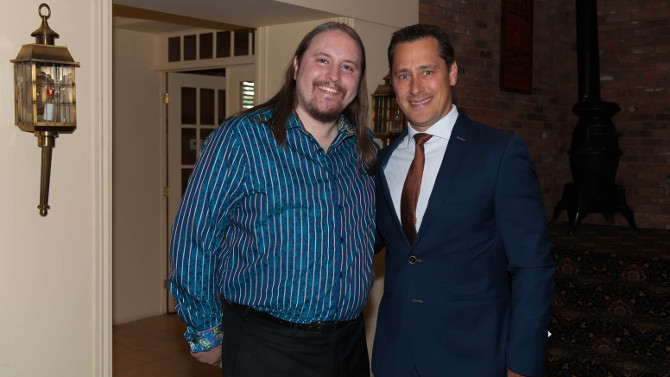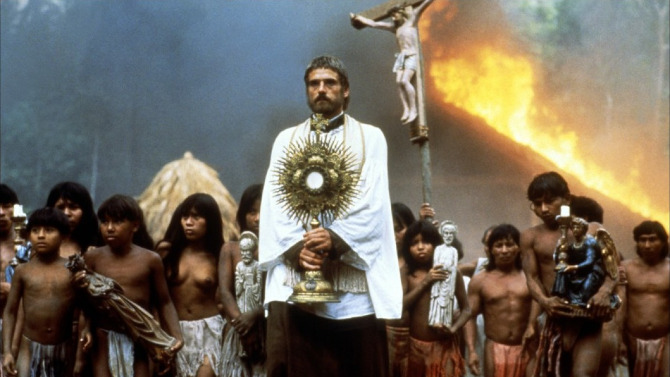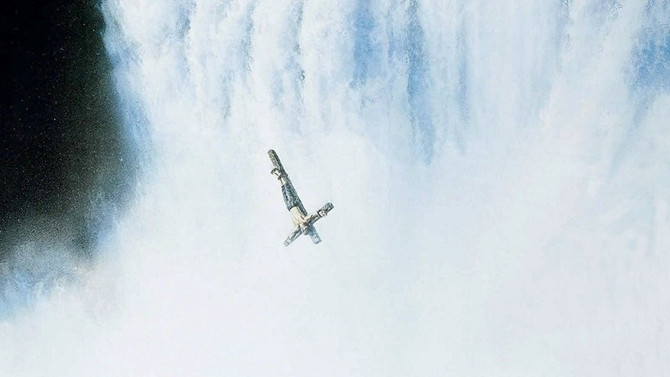It was an absolute pleasure sitting down with Guy Boucher just prior to the beginning of the 2017-2018 National Hockey League season. At a charitable event for The Children’s Treatment Centre, he was one of the roasters of Ottawa Senators’ assistant coach Marc Crawford, in what can only be termed a hilarious evening.
With an impressive start to his coaching career, Boucher began in the Quebec Major Junior Hockey League, capping it off by winning the Paul Dumont Trophy in 2009 – awarded to the personality of the year, while with the Drummondville Voltigeurs.
The success brought with it a head coaching job with the Hamilton Bulldogs in the American Hockey League, the affiliate of the Montreal Canadiens, where he took home the Louis A. R. Pieri Memorial Award (coach of the year) in 2010.
With another successful year under his belt, he was hired by the Tampa Bay Lightning, his first head coaching job in the NHL. Making an immediate splash, his unique 1-3-1 defensive coaching style helped bring his team all the way to the semi-finals, ultimately losing to the Boston Bruins in the seventh and deciding game.
Fired in the 2012-2013 season, Boucher headed over to Switzerland, coaching SC Bern to a championship in 2014-2015. In 2016, he made his triumphant return to the NHL, taking over as head coach of the Ottawa Senators, and in his first year, brought his team to game seven of the semi-finals, losing a heart-breaker to the Pittsburgh Penguins in the second overtime.
After chatting hockey, I steered the conversation into my favourite realm, film. Boucher immediately highlighted the 1986 feature The Mission as being at the top of his list. Referencing the historical aspects of the film, Robert De Niro in his prime, the terrific score by Ennio Morricone and so many other things, it is a movie that is near and dear to his heart. Check out the interview below to hear the articulate man discuss hockey, film and music in a most thought-provoking way.
The winner of the Palme d’Or at the Cannes Film Festival as well as Best Cinematography (Chris Menges) at the Academy Awards, director Roland Joffé transports us into the mid eighteenth century, specifically in South America. Featuring two very different characters, Father Gabriel (Jeremy Irons) is a Spanish Jesuit priest who believes in peace and love, while Rodrigo Mendoza (Robert De Niro), a slave trader and mercenary, is the yang to his yin.
After a priest is killed in the jungles above Iguazu Falls (a location straddling the line between Spanish and Portugese territory), Father Gabriel puts the burden on his own shoulders, as he sent the man there in the first place. Making the treacherous albeit stunning journey, he is able to make headway with the Guaraní natives, even while Mendoza flits around the periphery, nabbing as many as he can for enslavement.
By a twist of fate, an event cripples the spirit and soul of Mendoza, making him a shell of the man he once was. Upon Father Gabriel’s return from the mission, he convinces the fractured man to make the journey up the falls with him, carrying his armour with him as penance. It is a perilous trek, especially when transporting such heavy things, but he perseveres and finds solace with the Guaraní, for the first time in his life realizing their humanity and caring ways.
The pair, along with the help of Father John Fielding (Liam Neeson) and several others, build a paradise on Earth together with the Guaraní. With more and more arriving each day, finding sanctuary within the mission, they are able to maintain their culture while learning of God and spirituality.
Complexity arises in the arena of politics and religion, as the land, which was once under Spanish control, has now been transferred to the Portuguese, who are pro-slave, by way of the Treaty of Madrid (1750). With the Jesuits being independent of both countries, the Pope sends Cardinal Altamirano (Ray McAnally) to observe the missions and decide what is to become of the escalating situation.
Placed in a near impossible predicament, Altamirano is pressured by Spanish Governor Don Cabeza (Chuck Low) and Portugese Governor Don Hontar (Ronald Pickup) to disband the missions, basically condemning the new Christians to slavery. If he rules in favour of the missions, the Portugese would likely revolt, causing a fissure to run through Europe, dividing the Catholic states and leaving the Church severely weakened. . . perhaps even putting an end to the Jesuit orders throughout the world. What will come of the mission built in the jungles above Iguazu Falls? Will Father Gabriel and Mendoza be able to continue their benevolent work?
A film of visual splendour, each and every vista is one of utter beauty; waterfalls and lush jungles, flowing rivers and beautifully built handmade structures are at every turn. It is not hard to envision that this is the work of God found in all of His natural majesty. Joffé and cinematographer Chris Menges deserve much credit for filming in these secluded, picturesque locales, and capturing them in the perfect light. Their work draws the viewer in, allowing us to feel the grand, secluded nature in which these people call their home.
Equally as moving is Ennio Morricone’s sweeping score, fusing classical elements with indigenous instruments and religious undertones; it is grand, beautiful, romantic, spiritual, and, at times, menacing. . . mirroring the visuals onscreen.
But, at its heart, is the clash of civilizations. Despite the Jesuits trying to do some good, the cogs of political expansion are in constant motion, looking for more money, slaves and land. Perhaps it is best put by Altamirano, for when Hontar tells him that “we must work in the world, your eminence. The world is thus.”, he wisely responds, “No, Señor Hontar. Thus have we made the world. . . thus have I made it” – speaking of the choices of man causing death and strife in the world, human beings getting in the way of life, freedom and the spirituality of others. It is this commentary that also echoes our two leads, one who believes in love while the other uses might to survive, both in constant conflict. Do we take up arms to protect the weak and meek, or do we show passive resistence through love and spirituality? It is a question still debated today.
A battle of the spirit of the soul against secular powers, the title The Mission speaks to multiple themes in the film, not only of the mission the Jesuits set up, but also of the mission of conquest set out by the political powers of the time. It is a film of layers, of duality and of opposition, speaking of life and its many trials and tribulations. Even its final scene, found after the credits, has Altamirano gazing at us, as if questioning whether we would have done as he did. With stellar visuals, solid performances, epic direction, and a moving, based-on-real-events story, The Mission is well worth seeking out. So, don’t make this film a martyr by not seeing it, for it is deserving of a pilgrimage.




It sounds like a beautiful movie, both visually and spiritually as well. Love De Niro and Irons.
Both strong men. Might check it out!